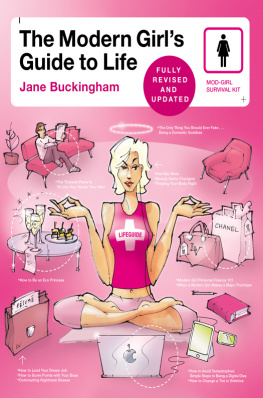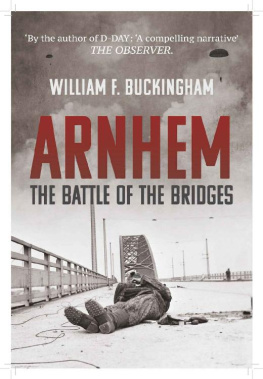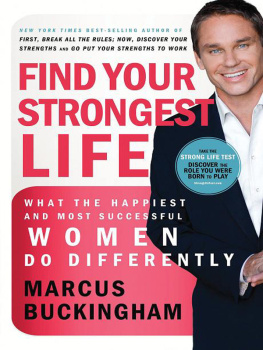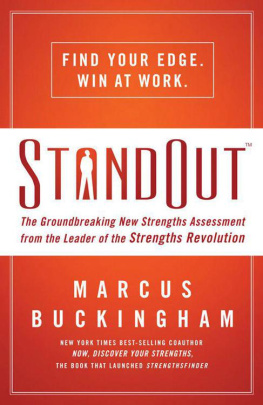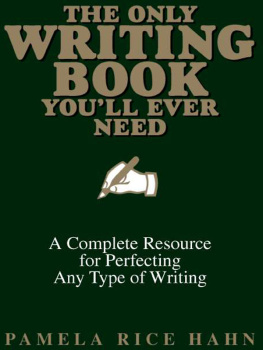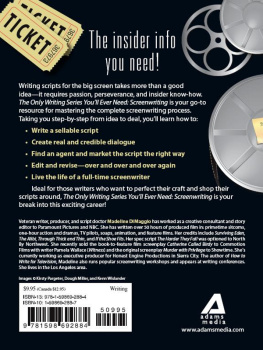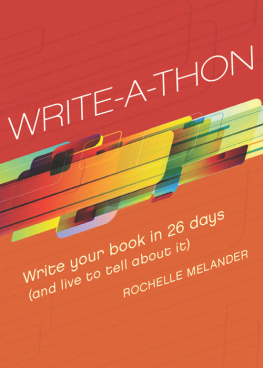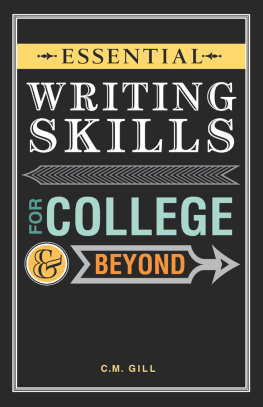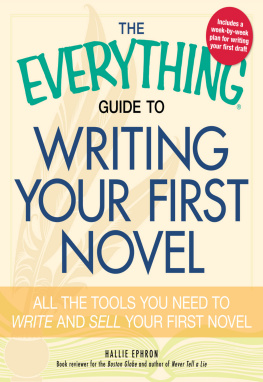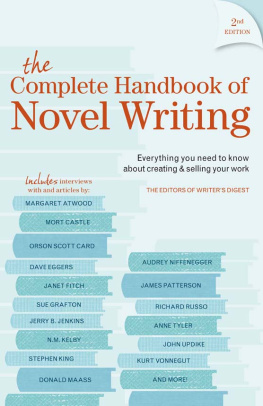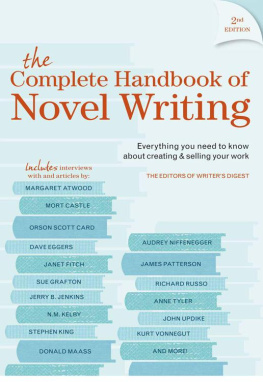Complete Write a Novel Course
Will Buckingham
For my students
Acknowledgements
Most, if not all, of what I know about writing novels comes from other people. It comes from friends and fellow novelists with whom I have discussed the intricacies of the craft in which we are engaged. It comes from the students I have taught over the years. And it comes from reading the novels over which other writers have laboured. The list of those I have learned from could go on almost for ever, so here I will restrict myself to a few people with whom I have had the good fortune to work closely. I am grateful, firstly, to Jonathan Taylor, Simon Perril, Maria Taylor, Kate Pullinger and Kathleen Bell, my fellow writers and colleagues while at De Montfort University. I am also very grateful to my agent, Marilyn Malin, who has been tireless both as a supporter and as an astute critic of my work.
When I first decided to become a writer, my parents were anxious that I was embarking upon such a precarious course. They have eventually come to terms with my wilful commitment to a life of financial insecurity, and I am grateful for their support over the years. Elee Kirk has been a consistently steady, kind and reliable companion every step of the way. There is not a page of this book that is not in some way influenced by our endless rambling conversations about life and literature.
I would not have got mixed up in writing this book were it not for my friend, the childrens writer and scholar Clmentine Beauvais. I would also like to thank everyone at Hodder & Stoughton for their enthusiasm for the project. Finally, I cannot say how much I have appreciated Yesim, a Turkish caf in Leicester a haven for thought, friendship and excellent coffee.
Contents
About the author
Will Buckingham is a writer of fiction, philosophy and childrens books. He lives and works in Leicester in the UK. His first novel, Cargo Fever, was published by Tindal Street Press in 2007. Since then he has written three further novels, as well as a number of non-fiction books, and for children. His writing has appeared in a wide range of print and online journals, and for the past 15 years he has taught creative writing in universities, schools, and with community groups. He holds a PhD in the philosophy of storytelling and is currently Reader in Writing and Creativity at De Montfort University, Leicester.
How to use this book
This book is designed to be a comprehensive course to get you up and running with your first novel. It aims to take you from the first thoughts and ideas, to the time when you eventually have your published novel in your hands. Writing a novel is a complicated task, something that takes a good deal of time to accomplish; and along the way you will find yourself drawing upon all kinds of different advice. So this book is not designed to be the only source of help and advice to which you turn. However, it is designed to work as a kind of guidebook to the journey that you may find yourself taking. It is designed to warn you of some of the pitfalls, to give some practical advice that will be useful as you travel along the road to publication, and to provide hints and tips that may make the journey easier.
Who is this book for?
If you are thinking about writing a novel, if you are setting out on writing your first full-length work of fiction, or if you are in the middle of a big novel-writing project, this book is for you. Whatever stage you are at, the aim of this book is to help guide you from initial aspirations, early ideas and rough drafts to your final, published novel.
Much of the advice here, however, may be of use to writers more broadly; and if you are already established as a novelist, with one, two or even more books out, I hope that you might still find plenty of practical information here that can be of use to you. While this book is designed as a complete course, it can also be used as a companion book for those on creative writing courses.
How to use this book
Novels are remarkably varied beasts. This book is designed for all kinds of novelists and aspiring novelists. This means that it is written for those who want to write genre blockbusters as well as for those who want to write literary fiction, or novels for more obscure, niche markets. Whatever kind of novelist you are, I hope that the advice here is both flexible enough to apply to you, and also precise enough to be useful for you to get to where you want to go.
There is no one way to read this book. It is entirely up to you. Novelists are different, and they work in different ways. Some readers will want to start from scratch and work their way through the book systematically, while others will want to read particular chapters at particular times. Writing is never a straightforward linear process: often writers continually spiral between drafting, redrafting, editing and research, so you may find that moving through the book less systematically is more useful. This book is designed to be read in both ways. Each chapter is relatively self-contained, but the course as a whole can be followed from the first chapter, before you even put pen to paper, to the last, when your novel is eventually out there in the world. Along the way, there are various practical exercises that may be useful to you. Do not feel under any compulsion to complete every exercise. If anything strikes you as not appropriate to your own situation, then skip it. There is no exam to sit when you come to the end of the book. Ultimately, what matters is the novel itself.
A big job
One of the things I say again and again in this book is that writing a novel is a big job. You cannot write a novel in a day. It is a task that requires a wide range of different ways of working, and a variety of often complex skills. This book aims to break down the process into smaller, more manageable chunks. However, this book is not just focused on the question of getting the job done. It is not just about the writing, but it is also about you, the writer. So a fair amount of the book explores not only how you can make your book as good as it can possibly be, but how you can navigate all kinds of practical issues, from finding time to write, to managing money, to dealing with contracts and agents, to keeping more or less sane (if that is what you want) while you get your novel written and launched into the world.
A writers workshop in a book?
The book is divided into six parts. The first part, Getting started, sets out what you need to know before you embark upon your novel. Part two, Writing, then dives in to look at the process of drafting your novel, going from the blank page to a finished albeit rough manuscript. The third part of the book, Redrafting, looks at the often extensive work of refashioning your rough early draft until it is something that is convincing and powerful. Part four, Keeping sane, provides practical advice on how to go about working as a writer, and how to keep both body and soul together. Part five, Publishing, looks at how you can move from a final draft to a published book whether it is in digital format or on paper, and whether it is self-published or published by a third-party publishing house. Finally, Part six is about what to do once your novel has emerged into the world not only how to let the world know about it, but also how to deal with questions about finance, money and how to continue your writing into your second novel and beyond.
Each part of the book has an introductory chapter, followed by a series of chapters exploring these issues in more depth. Each of these in-depth explorations concludes with a practical workshop that offers a sustained way of looking at some of the questions, issues and technical challenges that have been raised in that chapter. Some of these workshops may be focused on the act of


